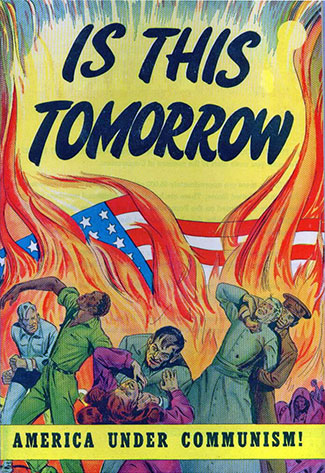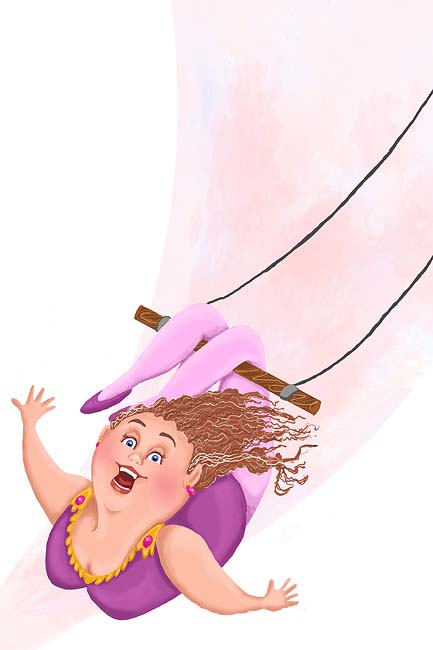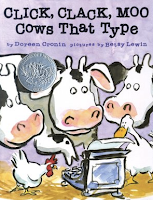By Wendy Johnson
In the grim period of McCarthyism during the 50s, Howard “Stretch” Johnson, my father, fought for freedom of thought and speech, protesting the persecution of artists and intellectuals. Despite the fact that he had grown away from the Communist Party, with the 22nd Congress of the Communist Party and the revelations of Stalin’s bloody deeds, Stretch stood trial and refused to denounce his comrades. In solidarity, one of my father’s deepest values, Stretch did not leave the Party until 1956. Until the end of his life, he considered himself a “communist with a small c” and espoused every cause he felt was tactically or strategically right in the fight for the advancement of poor folks, convinced that the market economy is not the answer.

Cover to the propaganda comic book Is This Tomorrow by Catechetical Guild. Public domain via Wikimedia Commons.
In 1959, my father, realizing a dream, had passed his high school equivalency test and received his diploma. All his life he was as proud of that high school diploma as he was of the honorary doctorate he later received from the University of Honolulu. In 1960, Stretch was able to enroll in the degree program at the Columbia School of General Studies after having completed the validation requirements. He was also proud to be a freshman at Columbia University; since I was a freshman at Hunter College that same year, our family was proud to have two generations of freshmen.
Shortly after Stretch arrived at Columbia University, the then Dean of the School of General Studies, Clifford Lord, received a visit from two FBI agents who asked him to get rid of Stretch, saying that he was a former communist and a trouble maker. The dean escorted the agents to the door, saying “Mr. Johnson is a good student here with excellent grades and we are a private institution of higher learning. That’s all that matters!”
Working at night as a proofreader for the New York Times, Stretch was finally getting that college education he had wanted, not only for his children, but for himself. In 1968, he became Director of the “Upward Bound Program” to help disadvantaged youth from New York City enter college. From 1971 to 1982, as Professor of Sociology, he taught in the Black Studies Department at State University of New York, New Paltz campus.
As a teacher, both at the New Paltz SUNY campus and in the education programs of correctional facilities in the mid-Hudson valley area, Stretch mentored many young African-Americans who were inspired by his account of transformative self-realization and determination to continue a commitment to social justice. Stretch shared with the next generations a life experience spanning over sixty years and illustrating personal fulfillment during critical times that shaped the African American condition in American society (“I found that most of the inmates had a much clearer comprehension of the exploitative structure of society and were less subject to illusions about democracy”). His honesty, sense of humor and straight talk appealed to students and drew big crowds to his popular classes. He was proud to talk of his eleven-year record in which he had been characterized as one of the ten best professors on the New Paltz campus. He went on to say “It was here that I had felt most fulfilled as an educator, gratified by my students who called me Malimwu – ‘teacher’ in Swahili .”
I think these years of teaching were indeed the most rewarding years of my father’s life. He used to say to me that if he had turned on one young mind, he had not lived in vain. I believe he touched many lives, and was such a strong example of Black resilience and of everyday heroics, that he will continue to turn us on with his story.
Howard “Stretch” Eugene Johnson (1915-2000) was a former Communist Party leader, Cotton Club dancer, World War II veteran, and academic. His final years were spent as a professor of Black studies at SUNY New Paltz and as an ongoing activist in Hawai’i, where he helped achieve state recognition of Martin Luther King’s birthday as a bank holiday, marching until the age of 80 in Paris, France, and Harlem for causes he believed just. His autobiography, A Dancer in the Revolution, was published in April by Fordham University Press. Wendy Johnson is the eldest of Stretch and Martha Sherman Johnson’s three daughters. She has worked as an activist, translator, and teacher of English. She lives in Paris.
Subscribe to the OUPblog via email or RSS.
Subscribe to only politics articles on the OUPblog via email or RSS.
The post “Stretch” Johnson, my father appeared first on OUPblog.








two stretches: your header too. that's my favorite stretch: lying down :^)
happy holidays, ms. pumpkin pi. i love you to the moon and back
most sincerely
guess who
Oh gorgeous and glorious!
Do you know Goedele has nearly the same picture of herself this way?
I will see her today :)
Have a wonderful week dear!!!!
♥M
Hi Lo! I love this new painting. She's ready to fly. Hope you are having some wonderful pre-holiday art time! xox
Great Lo. I can see the love.
i remember this but good to see again. to remember the freedom in the air and sky and the many life blessings. hope you are well.
Such an evocative painting, *BS*....it's who you are! Love it as your header or as your FB Avatar.... I give thanks to have you as my friend and sister....
Love,
♥ LS ♥
Beautiful and evocative!
Always loved this one. Nice to see it again.
Beautiful take on the word! :)
Lovely painting! The colors in the sky are wonderful (actually the whole thing is wonderful)! That's how I would like to be greeting my day.
I've always loved this painting...didn't used to be your banner?
Please send me your current address to my email so I'll have it for sending THE BOOK when it's finally published. Congrats on your big win!!! ;-) [email protected]
This captures that exhuberant feeling of LIFE! I feel it on cool crisp mornings in the fall. (then I feel like I'm going to die mid-winter) but that LIFE feeling is so wonderful.
The card you did for marja is pretty darn awesome!!